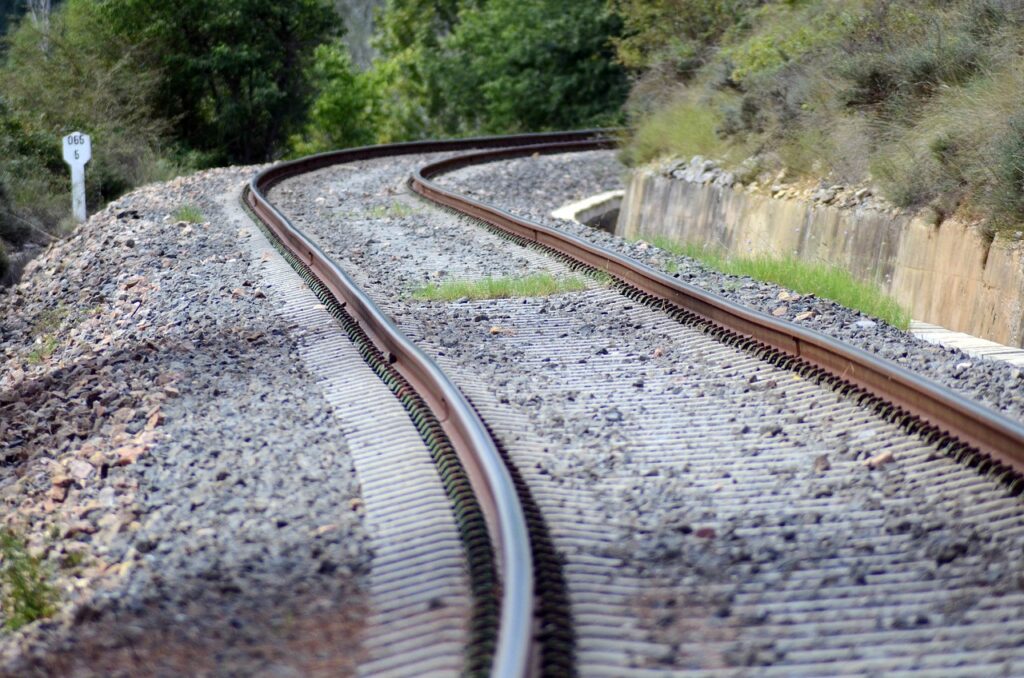In recent years, the development of hydrogen-electric intercity trains has garnered significant attention for its potential to reshape rail transit with cleaner, more efficient energy solutions.
This shift is partly driven by the increasing demand for sustainable transportation amidst rapidly expanding metropolises, which are evolving from central hubs to sprawling corridors of connected urban areas. With hydrogen posited as a key future energy source, its role in decarbonizing rail transport is becoming increasingly critical.
A relevant study in the Journal of Energy Storage introduces a mixed-integer quadratic programming (MIQP) model, uniquely addressing both the sizing of energy storage systems and energy management strategies (EMS) for hydrogen-electric intercity trains. The research underscores the importance of optimizing these factors to enhance the lifespan and efficiency of both proton exchange membrane fuel cells (PEMFCs) and battery systems. The study reports that, over a 30-year analysis period, optimal sizing strategies can curb operational costs from $39.5 per kilometer to $23.1 per kilometer through reduced hydrogen consumption and minimized material degradation, despite initial high acquisition costs.
As intercity trains represent a pivotal front in sustainable transportation, their reliance on efficient energy solutions is clear. Recent deployments, such as Germany’s introduction of the first commercial hydrogen-powered PEMFC trains in 2018 and the UK’s HydroFLEX project in 2019, have highlighted hydrogen’s viability in practical applications. These projects have set a precedent for other nations exploring hydrogen fuel cell systems for rail transit, which, by alleviating dependency on traditional electricity infrastructure, can significantly lower construction costs and support green transit goals.
Central to optimizing hydrogen-electrical train systems is addressing the dual challenges of EMS and size optimization. In these hybrid systems, PEMFCs manage the base energy requirements while battery systems accommodate peak power demands, such as those during acceleration and regenerative braking. Precision in designing these hybrid setups is paramount, as poor configurations can lead to increased hydrogen consumption and accelerated wear of power components.
The operational demands of intercity trains, including high power throughput and extensive mileage, necessitate energy systems with substantial storage capacity and robustness. However, the inherent rapid transit acceleration and deceleration cycles exacerbate equipment degradation rates, highlighting the importance of integrated size optimization and EMS in managing these stresses. By aligning these factors with degradation characteristics, the longevity and economic efficiency of the systems improve markedly.
Emergent trends indicate a growing adoption of hydrogen fuel cells in rail transport globally. By reducing reliance on traditional high-voltage traction systems, these innovations can lower infrastructure costs and underpin national commitments to emissions reduction. However, the pathway to widespread adoption is fraught with technical complexities, emphasizing the necessity for ongoing research and development of models like the MIQP, which can advance the optimization of these systems.





